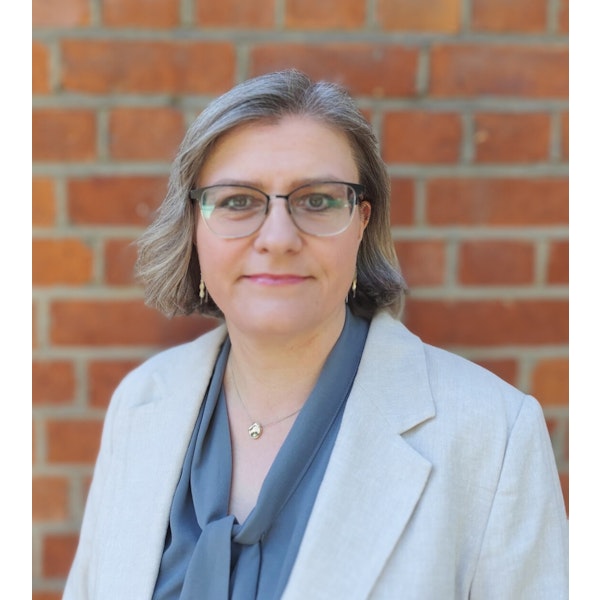
Building borderless, agent-ready teams
Future-Proofing Your Workforce: Adapting to AI with Borderless, Hybrid Teams
(This article was generated with AI and it’s based on a AI-generated transcription of a real talk on stage. While we strive for accuracy, we encourage readers to verify important information.)
At Web Summit Lisbon 2025, Ania Lichtarowicz, Managing Director and Editor of “Somewhere on Earth: The Tech Global Podcast,” hosted Nico De Luis, Founder and COO of Shakers. Their discussion centered on integrating AI into the workplace effectively, addressing the challenge of doing so without generating fear among employees, a critical concern given AI’s widespread presence.
Mr. De Luis introduced Shakers, a company founded in 2021 to reinvent work. Their platform connects approximately 10,000 rigorously vetted tech freelancers with companies needing talent for complex, high-impact projects. Shakers partners with around 500 organizations, forming dynamic teams that now include a blend of human talent and AI agents, evolving from earlier remote and hybrid models.
Clients define project needs via conversational AI agents, after which the system proposes an optimal hybrid team. This team can combine internal staff, external freelancers, and AI agents. Freelancer selection is highly stringent, with less than 5% acceptance following comprehensive technical and behavioral assessments, including those designed by a Cambridge University PhD in psychology.
Mr. De Luis highlighted that large corporations often struggle with AI adoption due to compliance and slow internal processes. In contrast, freelancers are inherently more adaptive, proactively acquiring new AI skills, making them valuable for rapid innovation. Shakers also consults HR and tech departments on integrating AI agents into processes like onboarding, bridging the knowledge gap and fostering AI fluency.
Addressing concerns about AI-driven job displacement, Mr. De Luis emphasized the increasing importance of critical thinking. Humans will remain vital for verifying and orchestrating AI outputs, a role beyond current AI capabilities. This shift fosters the emergence of “orchestrators” – managers supervising teams of both human and AI entities, fundamentally reshaping performance management and team structures.
The discussion also covered cultural differences and potential AI biases. Shakers actively promotes algorithmic transparency, collaborating with a Spanish digital association to develop standards that mitigate biases in AI applications. For effective hybrid team collaboration, Shakers emphasizes fast-tracked onboarding and clear communication, acting as an intermediary to align expectations across diverse, borderless teams operating in Spain, Portugal, Italy, and the UK.
Ultimately, adaptability is the paramount skill in a rapidly changing technological landscape. Organizations are moving towards smaller, more specialized, and flexible teams that converge for specific objectives, requiring continuous learning. A Shakers report on 1000 Spanish companies revealed a preference for hybrid work, though some employees feared reduced career progression if not physically present. This perception is gradually changing, promoting better work-life balance.
The session concluded by advocating for AI to be viewed as an opportunity, acknowledging its current limitations and biases, but focusing on its potential benefits to cultivate a more confident and efficient workforce. The rapid pace of global change demands a proactive approach to new technologies and continuous learning, with adaptability as the core competency for future success.

